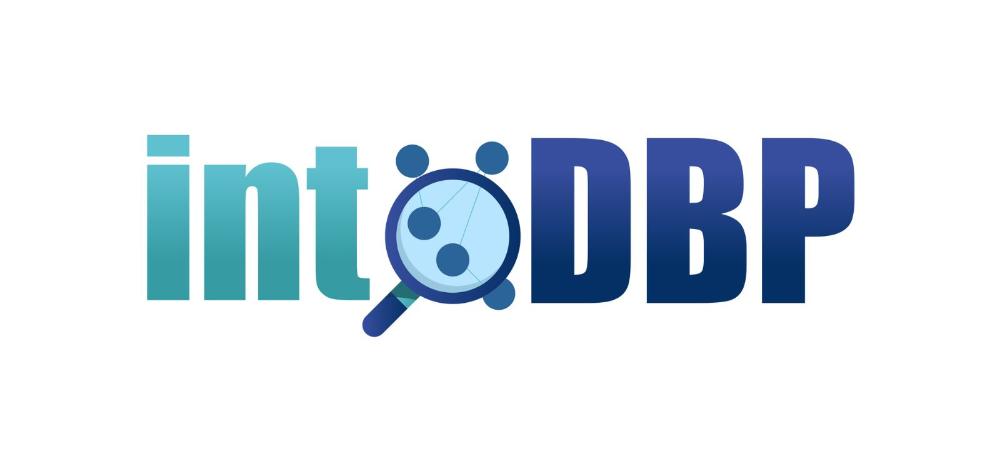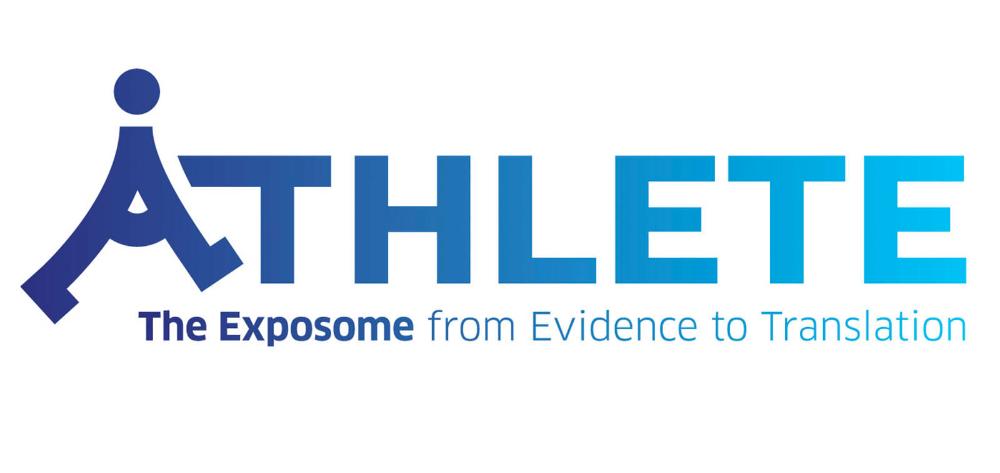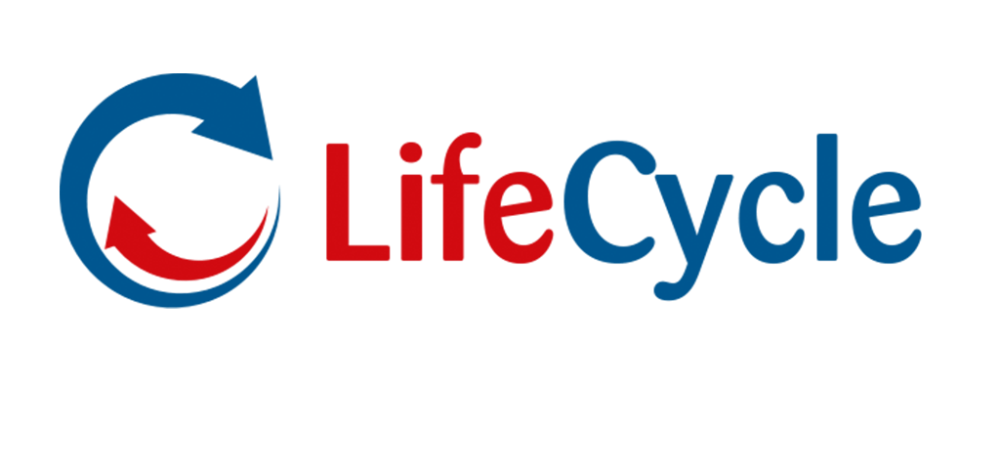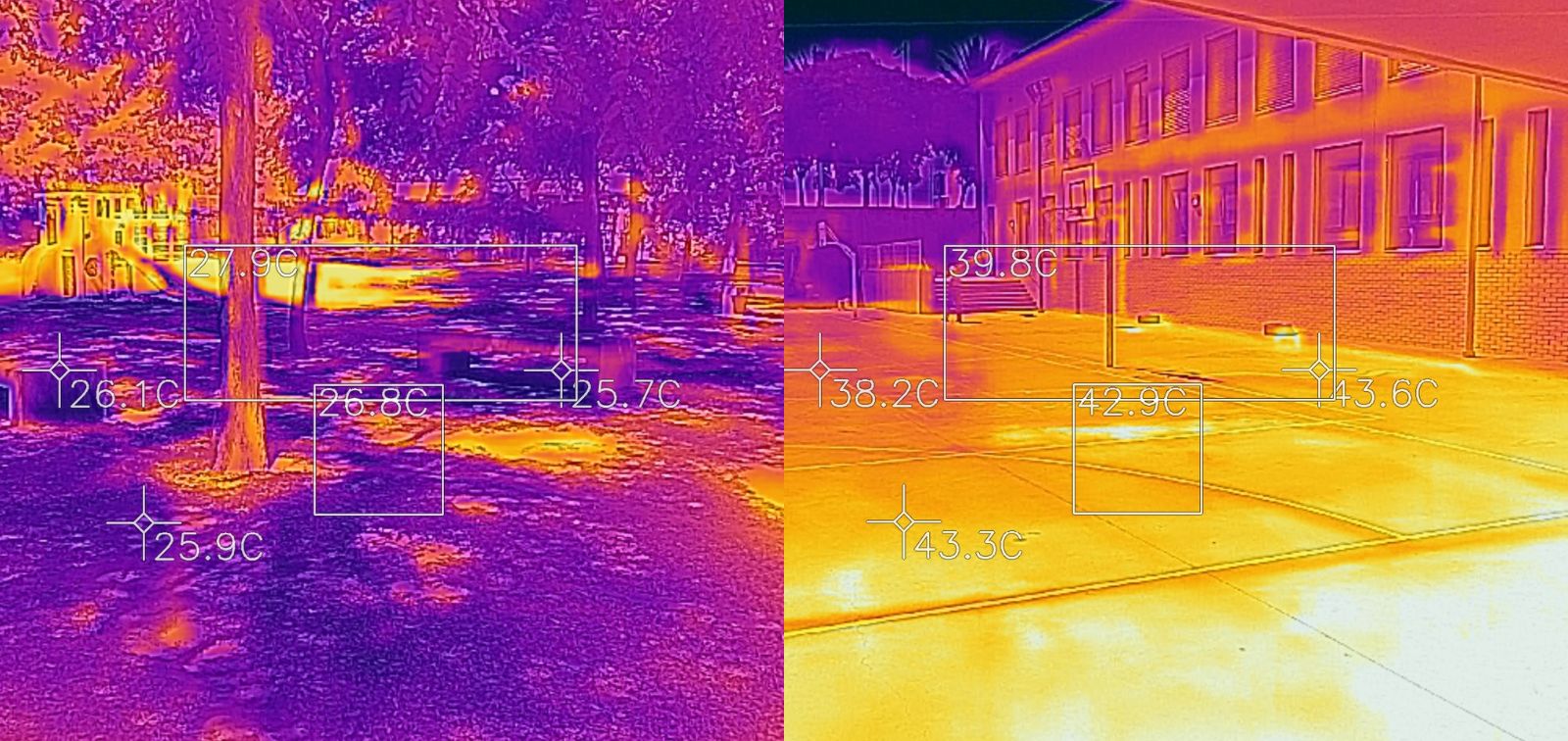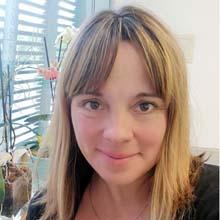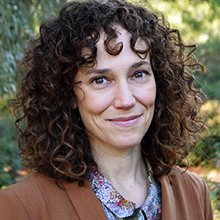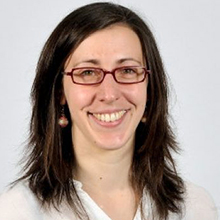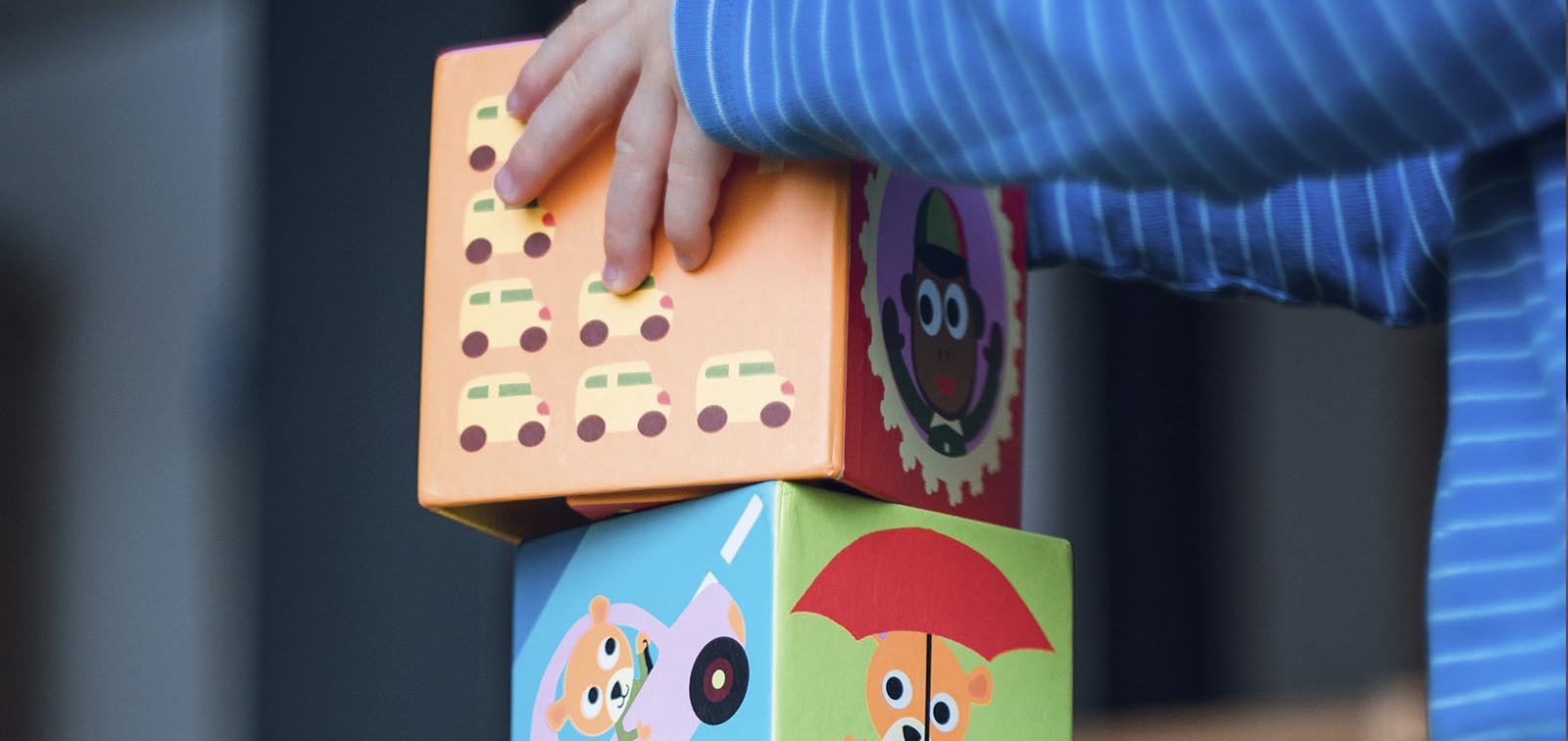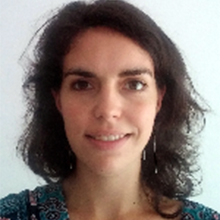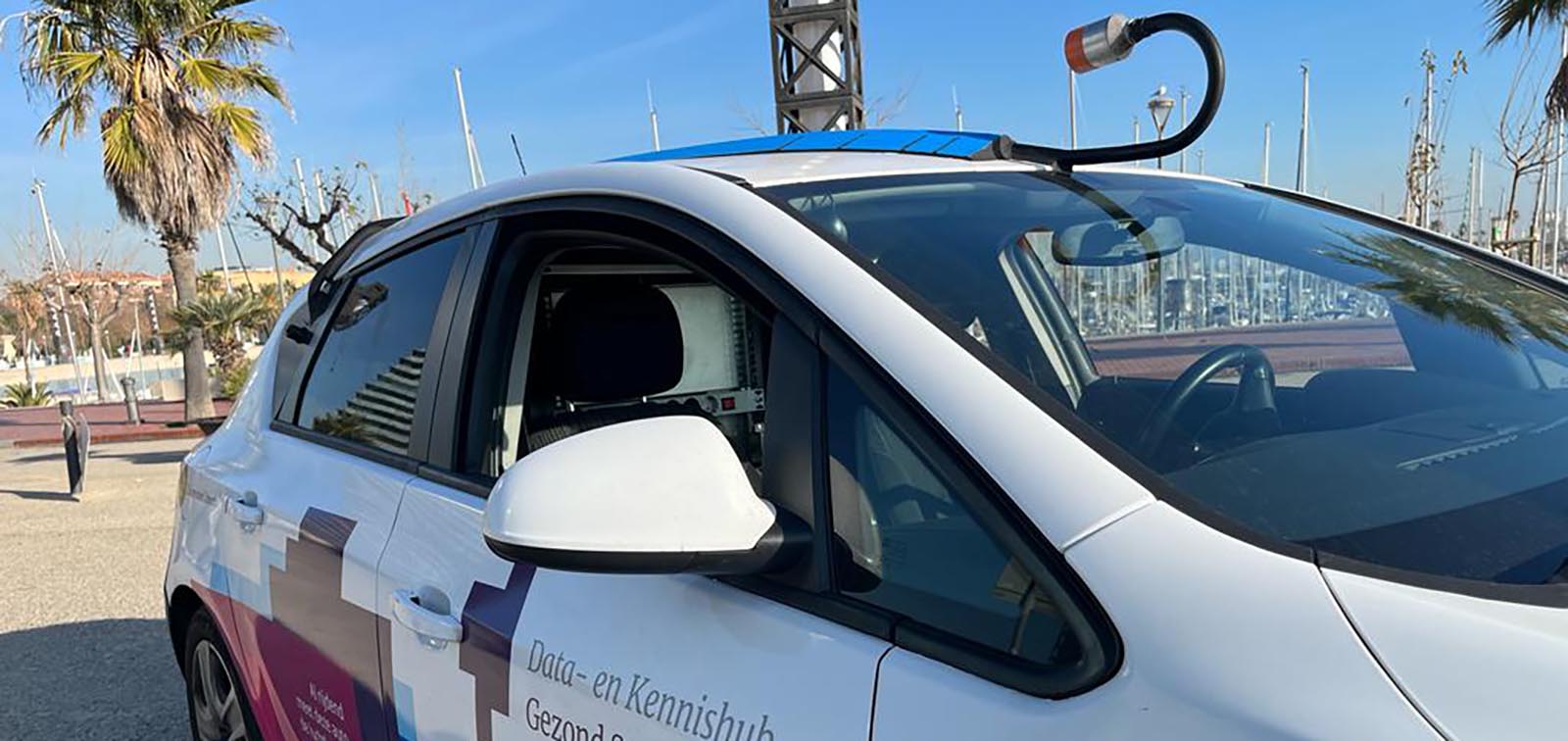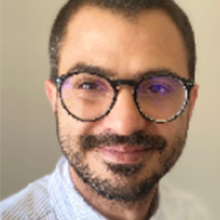Environment and Health over the Lifecourse
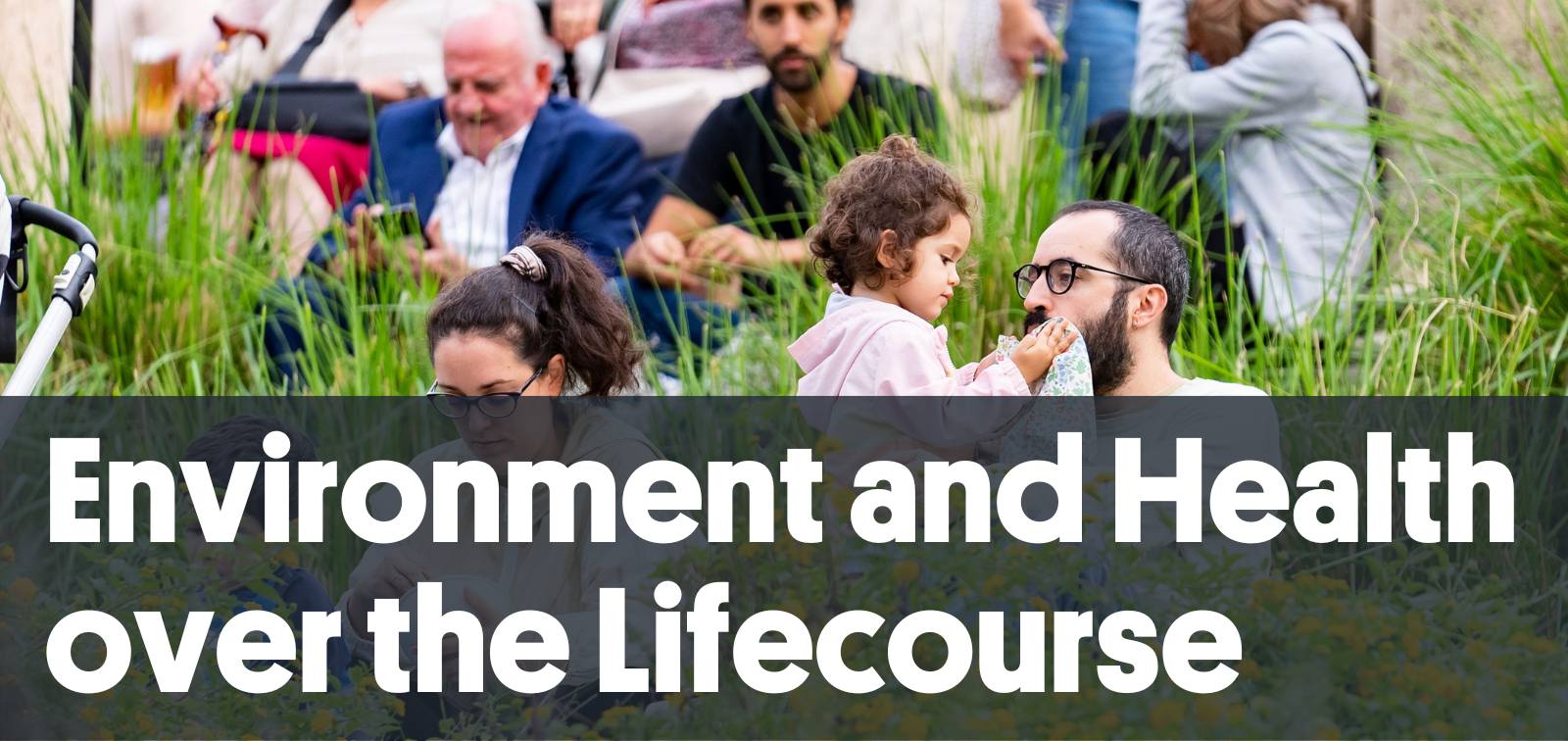
The Environment and Health over the Lifecourse research programme aims to conduct high-quality integrative research to expand knowledge on the causes and mechanisms of non-communicable diseases (NCDs). The programme focuses on environmental, radiation, occupational, lifestyle, social, infectious, and genetic risk factors throughout the lifecourse, from prenatal to late adult life. Key outcomes include respiratory and immune health, neurodevelopment, cardiovascular health and cancer. Our ultimate goal is to prevent and control NCDs, in line with the United Nations Sustainable Development Goals.
Specific Goals
- To assess the prevalence and extent of risk factors and lifetime exposures associated with NCDs, while advancing exposure assessment methods.
- To understand the causes, development, course and mechanisms of NCDs, with a focus on respiratory and immune health, neurodevelopment and cognitive decline, mental health, cardiovascular and metabolic health, birth and pregnancy outcomes, and cancer.
- To quantify environmental exposures and NCDs burden, globally, and in low-and-middle income countries and vulnerable populations (e.g., pregnant women, children, elderly, socioeconomically disadvantaged, indigenous peoples and local communities).
- To inform, improve and promote interventions and policies for primary and secondary prevention of NCDs, including preparedness and resilience to health and climate emergencies.
We build on large population-based, clinical and occupational cohort and case-control studies as powerful platforms for etiological research, and incorporate innovative approaches such as the exposome, omics biomarkers, imaging, and data science. Work in the programme ranges from local to national and global efforts in high and low-and-middle income countries, with international leadership in areas such as exposome, radiation, child health, cancer, and respiratory health research. We have a successful record of research and training in epidemiology and in translation of research findings into policy. Within ISGlobal, successful collaborations are in place with the Severo Ochoa groups, the Climate, Air pollution, Nature and Urban Health and the Global Viral and Bacterial Infections Programme.
Main Research Areas
The Non-communicable Diseases and Environment research area, addresses genetic, molecular, lifestyle and environmental causes of development and progression of NCDs both in high- and low and middle-income countries.
The Childhood and Environment research area evaluates the effects of early-life environmental and lifestyle exposures on child health and development.
The Radiation research area covers cancer and non-cancer effects of exposure to both ionising and non-ionising radiation, throughout the life course, from medical, environmental and occupational sources and from accidents.
Cross-faculty hubs involving this programme:
Our Team
Leadership
-
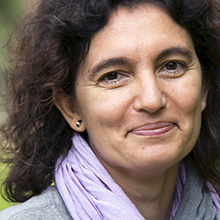 Judith Garcia Aymerich Research Professor and Head of the Environment and Health over the Lifecourse Programme
Judith Garcia Aymerich Research Professor and Head of the Environment and Health over the Lifecourse Programme -
 Martine Vrijheid Research Professor and Head of the Environment and Health over the Lifecourse Programme
Martine Vrijheid Research Professor and Head of the Environment and Health over the Lifecourse Programme
Principal lnvestigators of the Programme
-
 Jordi Sunyer Research Professor
Jordi Sunyer Research Professor -
 Josep Maria Antó Research Professor
Josep Maria Antó Research Professor -
 Manolis Kogevinas Research Professor
Manolis Kogevinas Research Professor -
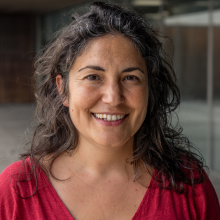 Mònica Guxens ICREA Research Professor
Mònica Guxens ICREA Research Professor -
 Cristina Villanueva Associate Research Professor
Cristina Villanueva Associate Research Professor -
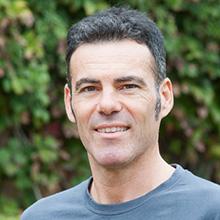 Juan Ramón González Associate Research Professor
Juan Ramón González Associate Research Professor -
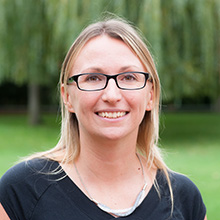 Michelle Turner Associate Research Professor
Michelle Turner Associate Research Professor -
 Paula Petrone Associated Researcher
Paula Petrone Associated Researcher -
 Barbara Harding Associated Researcher
Barbara Harding Associated Researcher -
 Camille Lassale Assistant Research Professor
Camille Lassale Assistant Research Professor -
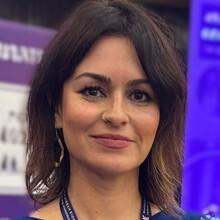 Eider Arenaza-Urquijo Assistant Research Professor
Eider Arenaza-Urquijo Assistant Research Professor -
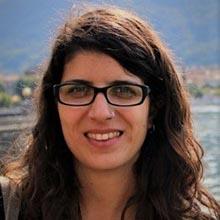 Ioar Rivas Associated Researcher (External)
Ioar Rivas Associated Researcher (External) -
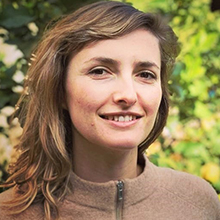 Lea Maitre Assistant Research Professor
Lea Maitre Assistant Research Professor -
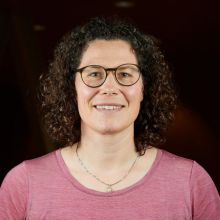 Sarah Koch Associated Researcher (external)
Sarah Koch Associated Researcher (external) -
 Ujué Fresán Assistant Research Professor
Ujué Fresán Assistant Research Professor -
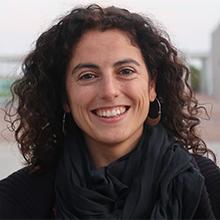 Cristina O'Callaghan Associated Researcher
Cristina O'Callaghan Associated Researcher -
 Kurt Straif Associated Researcher
Kurt Straif Associated Researcher -
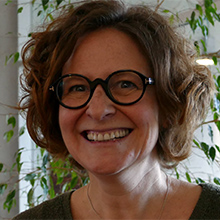 Isabelle Thierry-Chef Senior Researcher
Isabelle Thierry-Chef Senior Researcher -
 Gemma Castaño Staff Scientist
Gemma Castaño Staff Scientist -
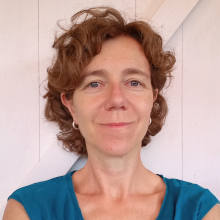 MARIONA BUSTAMANTE Staff Scientist
MARIONA BUSTAMANTE Staff Scientist -
 Elizabet Diago Associated Researcher
Elizabet Diago Associated Researcher -
Stefano Guerra Visiting Scholar
-
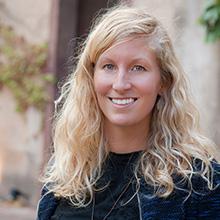 Natalie Mueller Assistant Research Professor
Natalie Mueller Assistant Research Professor -
Kyriaki Papantoniou Associated Researcher
-
 Jordi Júlvez Associated Researcher
Jordi Júlvez Associated Researcher -
 Oriana Ramírez Associated Researcher
Oriana Ramírez Associated Researcher -
 Mark J Nieuwenhuijsen Research Professor, Director of the Urban Planning, Environment and Health Initiative, and Head of the Climate, Air Pollution, Nature and Urban Health Programme
Mark J Nieuwenhuijsen Research Professor, Director of the Urban Planning, Environment and Health Initiative, and Head of the Climate, Air Pollution, Nature and Urban Health Programme -
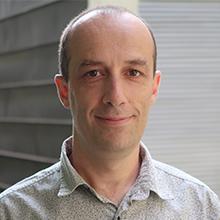 Xavier Basagaña Research Professor
Xavier Basagaña Research Professor -
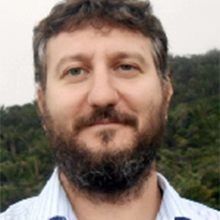 Davide Rasella ICREA Research Professor and Head of the Health Impact Assessment and Evaluation Group
Davide Rasella ICREA Research Professor and Head of the Health Impact Assessment and Evaluation Group -
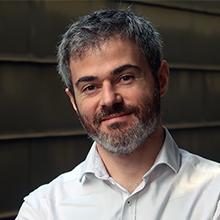 Joan Ballester Associate Research Professor
Joan Ballester Associate Research Professor -
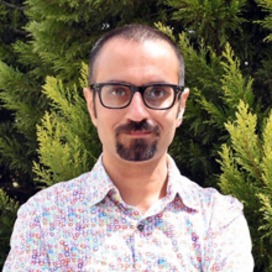 Payam Dadvand Associate Research Professor
Payam Dadvand Associate Research Professor -
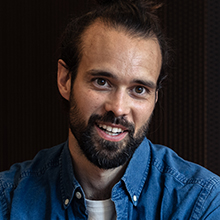 Guillaume Chevance Associated Researcher
Guillaume Chevance Associated Researcher -
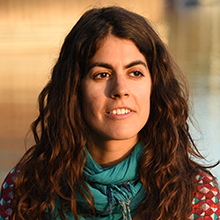 Margarita Triguero-Mas Associated Researcher
Margarita Triguero-Mas Associated Researcher -
 Eider Arenaza-Urquijo Assistant Research Professor
Eider Arenaza-Urquijo Assistant Research Professor
Projects
MeDALL
Mechanisms of Development of Allergy
EXPOsOMICS
MCC-Spain
Population based multicasecontrol study on common tumours in Spain
Base genética materna y fetal de la función placentaria
Project Code: PI20/01116
Early environmental, psychosocial and genetic determinants of neurobehavioral and emotional problems (NBEPs) in the first 4 years of life: the ENGENE study
Disentangling the risk factors for NBEPs in early life
AURORA 2021
Actionable eUropean ROadmap for early-life health Risk Assessment of micro- and nanoplastics
ExPEC-TEEN
Prenatal Exposure to Environmental Pollutants and Metabolic and Cardiovascular Health of the Teenagers
The Lungfit Project
Socioeconomic Status, Physical Activity, and Respiratory Health in Pregnant Women, Children, and Adolescents
OBERON
An integrative strategy of testing systems for identification of EDs related to metabolic disorders
EUCAN-Connect
A federated FAIR platform enabling large-scale analysis of high-value cohort data connecting Europe and Canada in personalized health
MOOD-COVID
Pre- and post-natal Maternal mental health and newbOrn neurOdevelopment during the COVID-19 panDemic
HERA
Integrating Environment and Health Research: a Vision for the EU
HELIX-NAFLD
Developmental origins of child liver injury: the effect of early life environmental exposures
H2020-New URBAN_X
External and Internal Human Exposure in Urban EXposome
ONES
Fine Particle Matter, Fetal Growth, and Neurodevelopment: Examining Critical Windows of Susceptibility
UrbanKids
Urban and social environment and childhood obesity – a natural moving2health experiment
ALTER - Contaminación del aire, microbiota intestinal y neurodesarrollo en los primeros 24 meses de vida
Project Code: PI21/01278
NutinBrain
The role of seafood and nut consumption on human neurodevelopment from pregnancy to adolescence
El impacto de la exposición al metaboloma de esteroides materno-fetales en el crecimiento infantil y los resultados neurológicos (IGRO)
Project Code: PI21/01269
INMA-Ado-Sueño
Radio Frequency Electromagnetic Fields, Noise, and Sleep Disorders in Adolescence
The APBO Project
Air Pollution and Birth Outcomes: Windows of Exposure and Health and Economic Impact Assessment
FRONTIER
Traffic-Related Air Pollution and Birth Weight: the Roles of Noise, Placental Function, Green Space, Physical Activity, and Socioeconomic Status
AIR-NB
Pre-natal exposure to urban AIR pollution and pre- and post-Natal Brain development
FLAVOBAC
Nuevas moléculas de oro coordinadas con flavonoides contra bacterias patógenas multirresistentes prioritarias
CUPID
MEDIRAD
Implications of Medical Low Dose Radiation Exposure
SHAMISEN-SINGS
SHAMISEN (Nuclear Emergency Situations - Improvement of dosimetric, Medical And Health Surveillance) - Stakeholder INvolvement in Generating Science (SINGS)
CREST
Characterization of exposure to radiofrequency (RF) induced by new uses and technologies of mobile communication systems
intoDBP
Innovative Tools to Control Organic Matter and Disinfection Byproducts in Drinking Water
e-QuoL
e-health tools to promote Equality in Quality of Life for childhood to young adulthood cancer patients, survivors and their families
Levels of and risk factors for exposure to heavy metals and hydrocarbons in the inhabitants of the communities of the Pastaza, Tigre, Corrientes and Marañón river basins of Loreto department (Peru)
Exposición prenatal a sustancias poli y perfluoradas en agua de consumo y neurodesarrollo en el inicio de la vida
Project Code: PI20/00829
AiguaBCN
Exposure to emerging contaminants in drinking water in Barcelona potentially liked to chronic diseases and wellbeing
VEIS
Leveraging the European Genome-Phenome Archive (EGA) for Industry and Society
CORSAIR
Severe respiratory failure in COVID-19: clinical, biological and imaging risk factors
EPHOR
Exposome Project for Health and Occupational Research
CALMA
Co-created educational programme for dyspnea-bearing patients and their caregivers
Cancer-Watch
Risk of colorectal and breast cancer with widespread drinking water chemical contaminants
RECETAS
Re-imagining Environments for Connection and Engagement: Testing Actions for Social Prescribing in Natural Spaces
Vacunación, información y redes sociales 2.0 en España
Project Code: PI12/00303
CityExposomeCat
An Exposome Approach to Urban Health: Individualized Environmental Exposure Assessment in an Adults Population Cohort Study (GCAT)
iGenCO
In-Depth Genomics and Cross-Omics Analysis for Undiagnosed Rare Diseases on a User-Friendly Collaborative Platform
Characterizing Oral Exposure to Nanoplastics and Microplastics
Characterization of Oral NMP Exposure
HORMONIT
Molecular Epidemiological Study on Hormonal Changes Associated with Circadian Disruption in Night Shift Workers
Urban Health Citizen Lab
Urban planning, environment and health
Estudio sobre la exposición a nano y microplásticos a través del agua de consumo de Barcelona
¿Es mejor consumir el agua de grifo si queremos reducir la exposición a nano/micropláticos?
Alimentación S2: por una dieta saludable y sostenible
HARMONIC
Health effects of cArdiac fluoRoscopy and mOdern radIotherapy in paediatriCs
CONTENT
Cohort of COVID-19 in Spain: social dynamics, mental health and inequalities
COVICAT
Cohorte Covid-19 en Cataluña
OMEGA-NET
Network on the Coordination and Harmonisation of European Occupational Cohorts
ATHLETE
Advancing Tools for Human Early Lifecourse Exposome Research and Translation
Mobilise-D
Connecting digital mobility assessment to clinical outcomes for regulatory and clinical endorsement
BiSC (Barcelona Life Study Cohort)
BWater
Drinking Water in Barcelona: Sustainability and Health Impact Assessment
LIFECYCLE
Early-life stressors and LifeCycle health
HELIX
Novel tools for integrating early-life environmental exposures and child health across Europe
INMA - Environment and Childhood Project
5G expOsure, causaL effects, and rIsk perception through citizen engAgemenT
GOLIAT
European Human Biomonitoring Initiative
HBM4EU
APACHE
Air Pollution, Autism spectrum disorders, and brain imaging in CHildren amongst Europe































